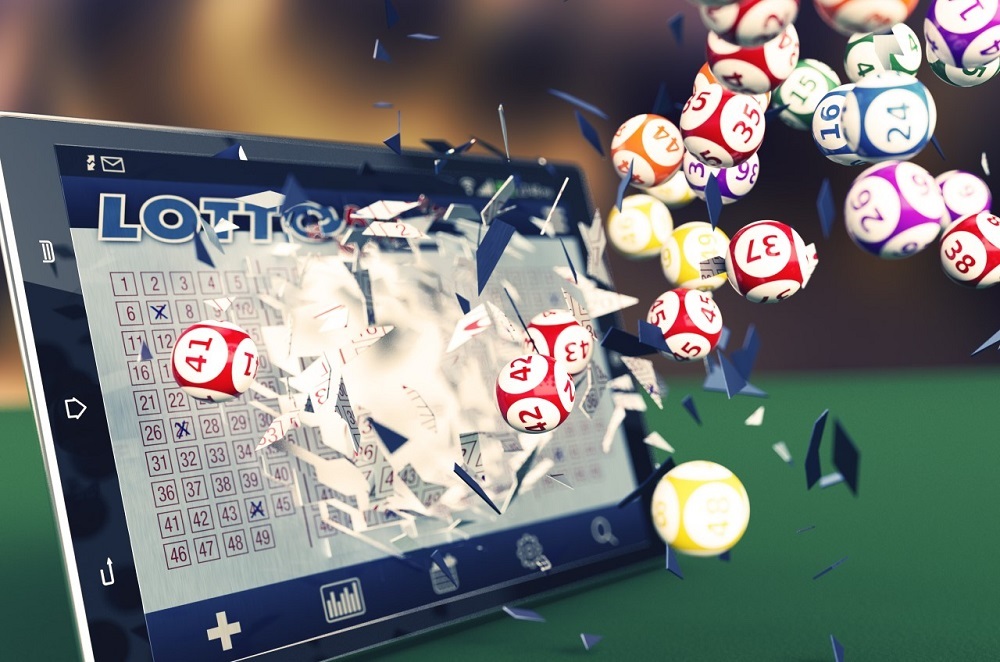
Online slots are hands down the most popular casino games found on the web. Their compelling graphics, exciting bonus rounds, and potential for big wins underpin their widespread appeal. Yet despite their simple point, click, and spin gameplay, what goes on under the hood powering these virtual one-armed bandits seems shrouded in mystery for many gamblers.
Random number generators explained
A Random Number Generator is an algorithm delivering complex streams of randomly generated numbers at an astounding rate of speed. We’re talking several thousand number sequences generated every second. The moment a player clicks spin, the RNG spat out a random number corresponding to symbols on the slot reels at that split second. The results are thus completely unpredictable and unaffected by previous or future outcomes.
So, while slot symbols may appear to “almost line up” from spin to spin, the reality is that each result remains completely independent of prior rounds. Regulated online slots are powered by RNG certified as statistically random to provide players with fair and equal odds every single game round. No one spin stands more or less chance of winning or hitting bonus features. The number of winning and losing spins will even out to the slot game’s published Return to Player percentage.
How are online slots programmed to payback?
Return to Player, commonly shortened to RTP, refers to the theoretical statistical payback percentage of an online slot. Also, referred to as the payout percentage, RTP indicates how much-wagered money is paid back to players over extensive gameplay, usually involving hundreds of thousands if not millions of spins. RTP assumes perfectly random results generated by the RNG over said long-term sample. The higher the published Return to Player percentage, the more favorable the slot machine is with less house edge.
For example, รวมค่ายสล็อตใหม่ ๆ with an RTP of 96% indicates that for every $100 wagered on average, $96 will be returned to players as winnings over time, leaving the casino with a gross profit of $4. Do note however that RTP remains a statistical projection unlikely to be precisely duplicated short-term. You aren’t guaranteed any winnings over a single-play session. The more spins, the closer results trend towards that published number.
Hit frequency matters too
Besides RTP, hit frequency also deserves consideration when choosing online slots. Put simply, this refers to how often a slot pays out wins even if just small token prizes. The hit frequency percentage suggests how many spins out of a hundred typically produce a winning combination of symbols per the game’s paytable. So, a hit frequency of 30% means around 30 out of 100 spins will result in a payout. That might translate to as many as 30 small wins or fewer larger value wins. Online slots offering higher hit frequencies pay out more frequently, keeping your bankroll padded and gameplay exciting even during dry runs between big wins.
